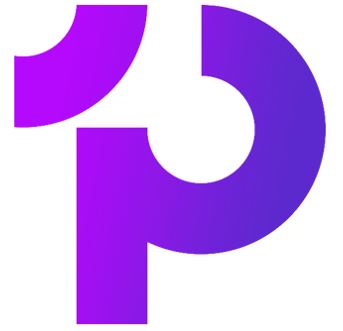What is a Mobile Proxy?
4G mobile proxies are a type of proxy that uses mobile devices with 4G internet connections as the intermediary between a user and the internet. In other words, when someone uses a 4G mobile proxy, their internet traffic is routed through a mobile device with a 4G connection, which masks the user’s IP address and location.
Here are some key points to understand about 4G mobile proxies:
How they work: 4G mobile proxies work by using mobile devices, such as smartphones or tablets, that have 4G LTE connections as the proxy server. The user connects to the mobile device, which then sends the user’s requests to the internet on their behalf. The response from the internet is then sent back to the mobile device and finally to the user.
Advantages: 4G mobile proxies have several advantages over other types of proxies. One of the biggest advantages is that they offer a high level of anonymity since the IP address is masked and constantly changing. They also tend to be faster and more reliable than other types of proxies since they use a 4G LTE connection. Additionally, they are less likely to be detected and blocked by websites and services that may be blocking traditional proxy servers.
Use cases: 4G mobile proxies are commonly used for web scraping, automation, and social media management. They can be used to access data from websites that may have IP restrictions or to automate tasks that would otherwise require manual labor. They can also be used to manage multiple social media accounts from a single device without being detected by the social media platform.
Costs: 4G mobile proxies tend to be more expensive than other types of proxies due to the cost of acquiring and maintaining the mobile devices and data plans. Some providers offer monthly plans or pay-as-you-go options, while others sell individual proxies for a one-time fee.
Legality: The use of 4G mobile proxies is legal in most countries, but there are some restrictions and regulations that users should be aware of. For example, some websites and services may have terms of service that prohibit the use of proxies, and using a proxy to engage in illegal activities such as hacking, or fraud is always illegal. Additionally, in some countries, the use of proxies may be restricted or monitored by the government.
